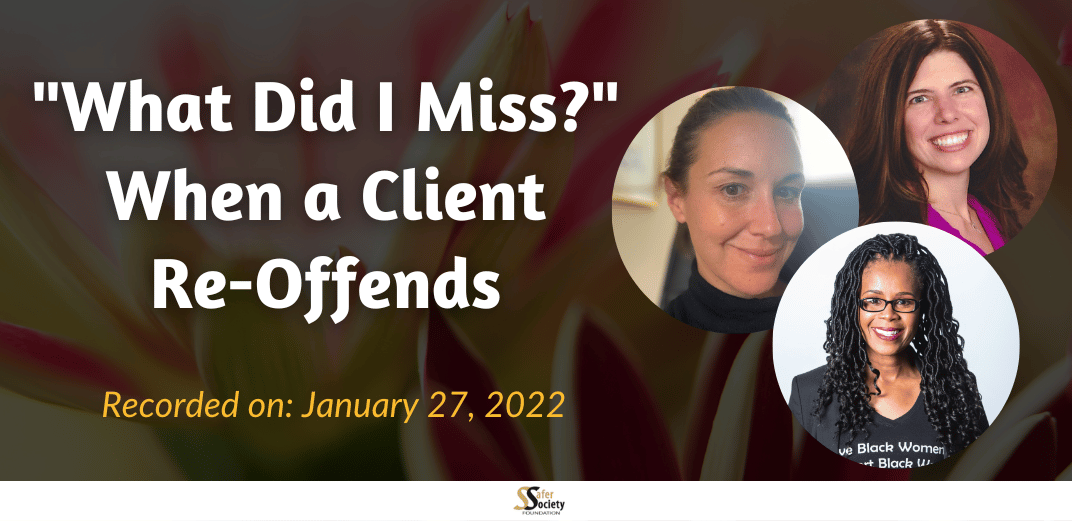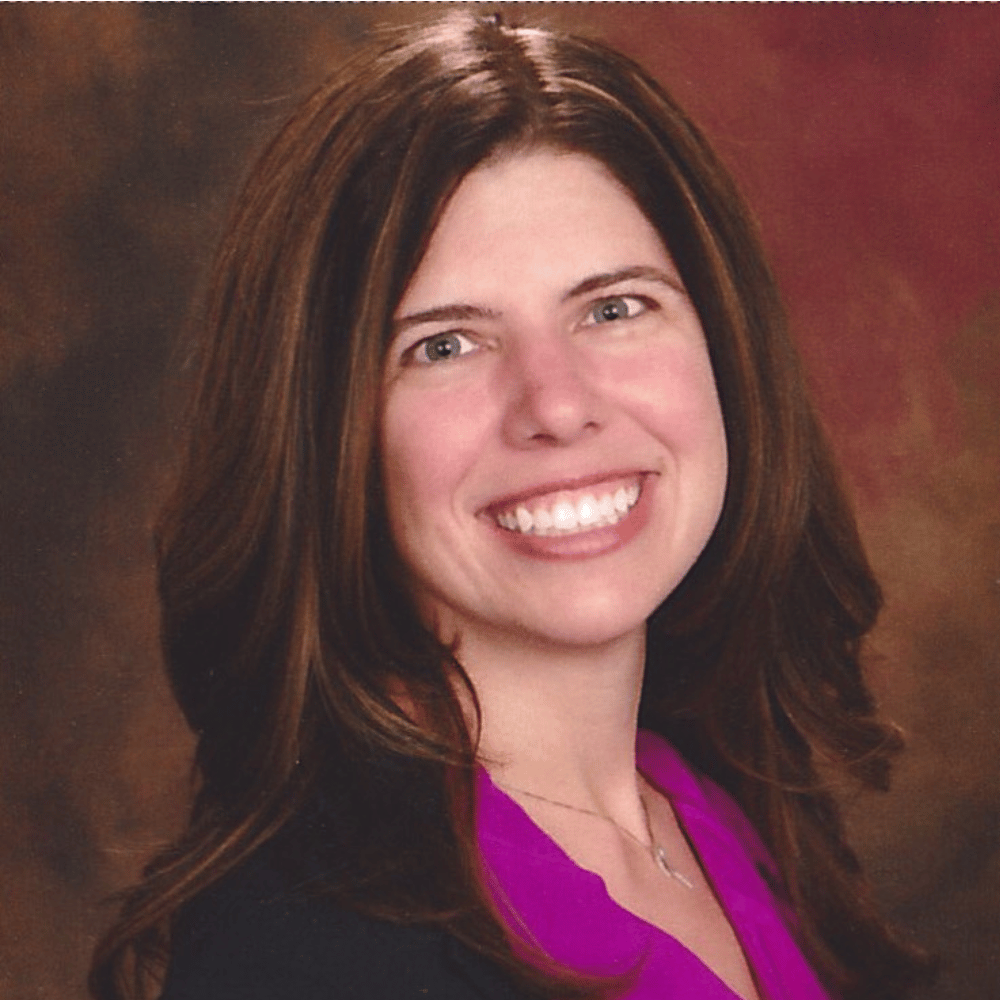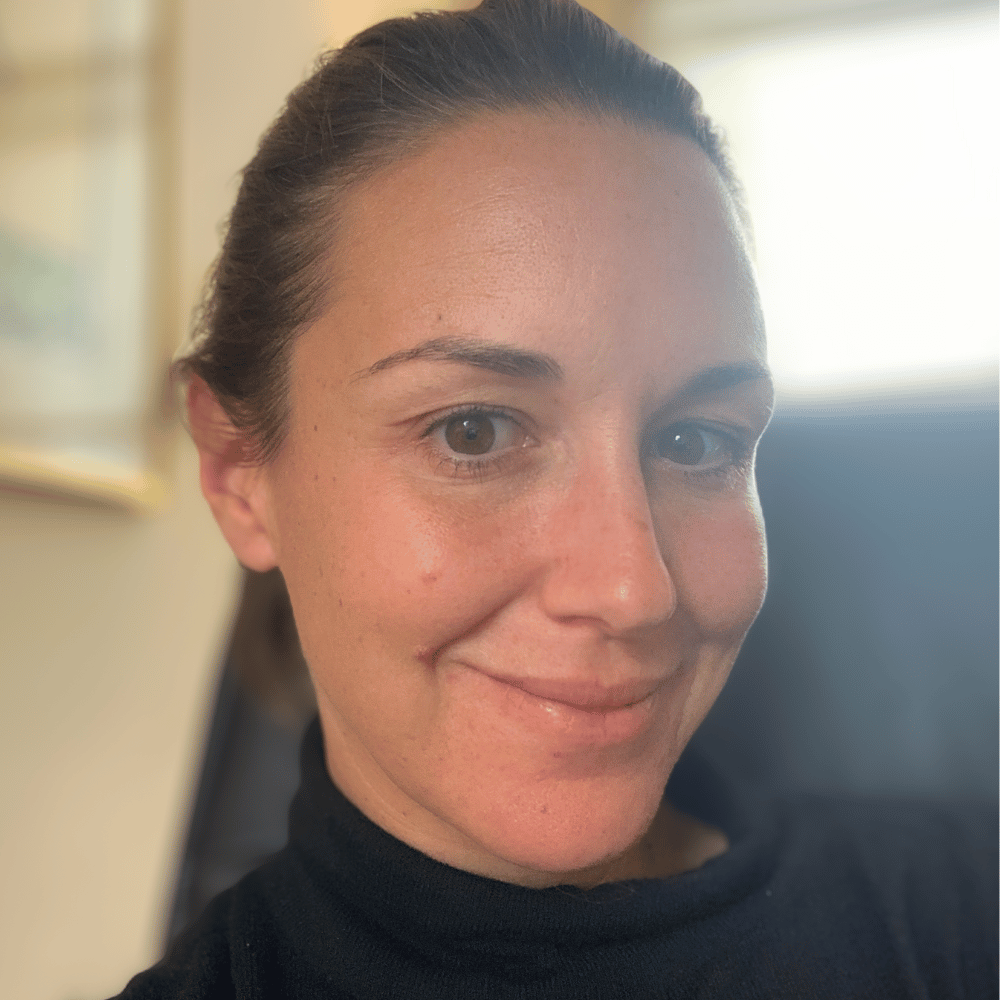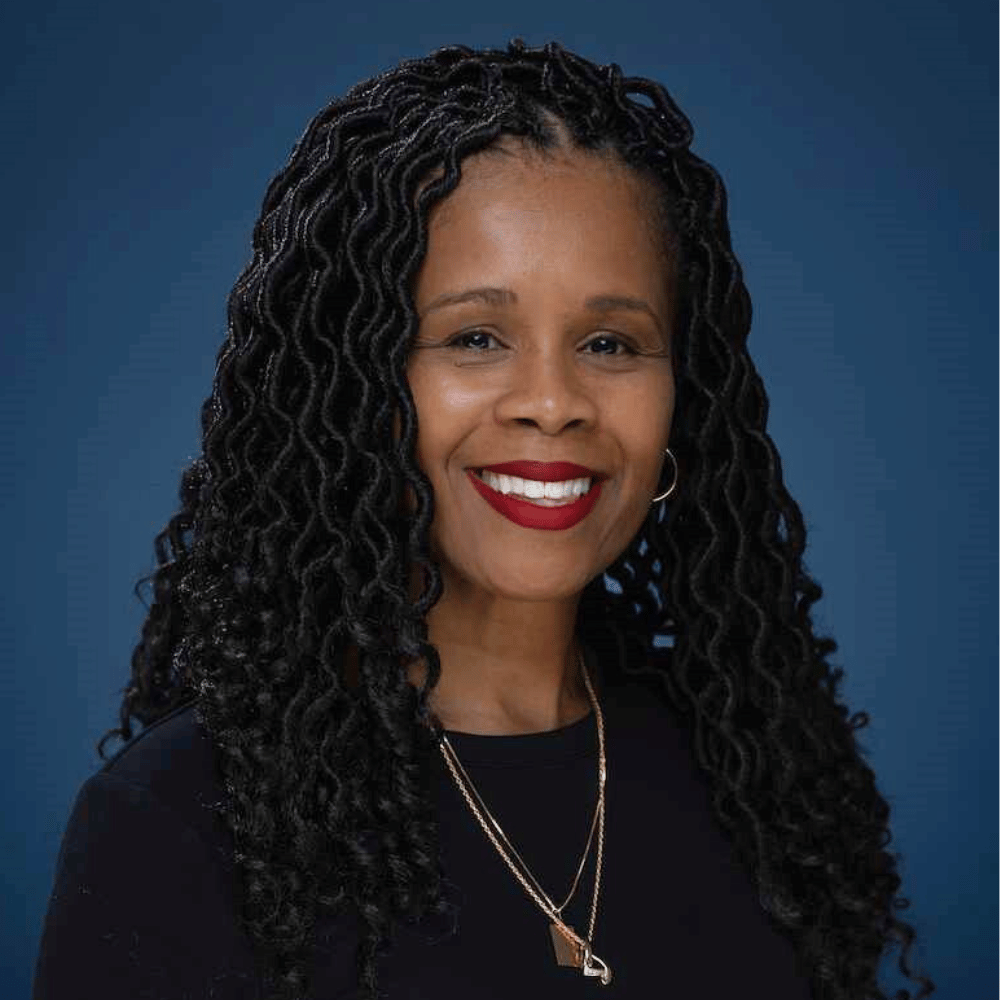
“What Did I Miss?” When a Client Re-Offends
This webinar is for professionals involved in the criminal justice and mental health fields, such as officers, attorneys, mental health clinicians, and program administrators.
Despite the many scientifically established reasons for optimism (for example, generally low recidivism rates), some individuals who have committed sexual harm do re-offend. Moreover, sexual re-offending happens even when the client is under supervision, in treatment, or has been successfully discharged. The experience is never easy for officers, attorneys, and mental health clinicians and leaves them wondering what went wrong.
Drawing on case examples, this webinar conversation examines re-offending from four perspectives: The clinician (Shoshanna Must), the client’s legal representatives (Laurie Rose Kepros), the administrators and programs involved (David Prescott) and considerations for when therapists or clients are Persons of Color –specifically those who come from traditionally marginalized and disproportionately incarcerated communities (Tyffani Monford). It addresses the effects of re-offense on the professionals who worked with offenders and explores ways that professionals can cope with these setbacks.
Who's Presenting

Laurie Rose Kepros, JD
Laurie Rose Kepros is the Director of Sexual Litigation for the Colorado Office of the State Public Defender where she trains and advises over 1,000 lawyers and other staff statewide in their representation of indigent adults and juveniles accused or convicted of sexual crimes. In over 20 years as a public defender, she has tried and consulted on more than five thousand sexual offense cases. She has served on dozens of subcommittees of the Colorado Sex Offender Management Board and Colorado Commission on Criminal and Juvenile Justice, and, per the appointment of Secretary of Defense Ash Carter, on the Subcommittee of the Judicial Proceedings Panel which advised the United States Congress on law and policy related to sexual assault in the military. Ms. Kepros was the 2017 recipient of the Olom Award, the highest honor bestowed upon a defense attorney by the Colorado Criminal Defense Bar.

Shoshanna Must, PhD
Shoshanna Must is a full-time practitioner and Clinical Director for New York City office of Empire State Forensics. She is also on the board of the New York State Association for the Treatment of Sexual Abusers (NYSATSA), and an active member of the City Bar Working group which is dedicated to registration reform. She is also the author (with Gretchen Sofocleous, Ph.D.) of a chapter on challenges related to pregnancy in the book, Women Working in Criminal Justice: A Guidebook for Navigating Professional Challenges, by Laura Jakul and Bobbi Walling and published by Safer Society.

Tyffani Monford, PsyD
Dr. Tyffani Monford is a licensed psychologist. She has served as a consultant and trainer under various federal and state grants. In addition, Dr. Monford has been appointed to various state and county committees focused on those within the juvenile justice system. Dr. Monford provides mental health trainings and has served as a panelist at conferences focused on culturally informed mental health services, gender-responsive treatment, the school-to-prison pipeline and black girls, educating black girls in white spaces, intersectionality and social justice work throughout the United States. She has been featured on local and national news programs addressing the importance of emotional wellness in Black communities, mental health in times of national crisis, and the school-to-prison pipeline’s impact on Black Girls.
Dr. Monford is the Owner of Monford Dent Consulting & Psychological Services, LLC through which she provides ongoing mental health consultation and assessments. In 2020, she co-founded Centering Sisters, LLC, an organization dedicated to projects that center the needs of Black Women, Girls, and Femmes.
Dr. Monford is the author of three books: Girls Got Issues: A Woman’s Guide to Self-discovery & Healing, You Got This! A Girl’s Guide to Growing Up, and Black Girl: Unapologetically and the co-author of two others: Becoming Who I Want to Be: A Good Lives Workbook for Young Women and its accompanying Counselor’s Edition. Dr. Monford’s primary area of interests are sexual violence prevention and intervention on the continuum, the role of intersectionality in the lives of Black and Brown girls/women, and culturally informed work with those within the juvenile justice and educational systems.
